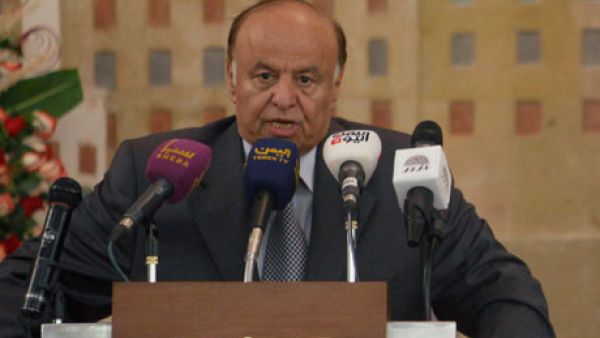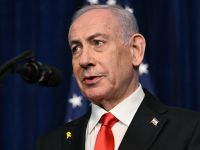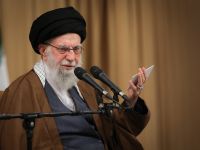Yemen's political parties approved a new federal system Tuesday and have collectively decided to extend the president's term by one year, according to Reuters.
The decision to extend the presidency and adopt a new federal system represent significant milestones of the country's effort to transition to democracy through national reconciliation talks that have been on shaky grounds ever since their initiation in March last year.
The country's political factions granted its interim President Abd Rabbu Mansour Hadi a year extension on his rule that was supposed to end in February 2014 with national elections; factions hope the extra year will provide the Gulf country with the necessary time to restore order and security in the shaky country so that a democratic transition can be successful.
Hadi will "oversee the shift to the federal system" that is "intended to accomodate southern separatist demands for more autonomy." Hadi is also now responsible for overseeing the drafting of the new constitution within the next three months, and is also mandated to reshuffle the country's cabinet, and restructure the Shura council and upper house of Parliament in order to give more representation to Southern Yemenis and northern Shiite communities.
Hadi told delegates at the reconciliation talks, "I did not take over a nation, I took over a capital where gun shots are continuous day and night, where roadblocks fill the streets. I took over an empty bank that has no wages and a divided security apparatus and army. The national dialogue document (final communique) is the beginning of the road to build a new Yemen."
Hadi's comments reflect the country's rising violence, lawlessness, and heightened security challenges that have developed since uprisings in 2011 led to the oust of former President Ali Abdullah Saleh.
The death of a Shiite Houthi minority delegate en route to the last session of the reconciliation talks Tuesday also reflect Yemen's dire situation. According to reports, Ahmad Sharafeddin, a Houthi delegate to the talks, was killed by gunmen while he was driving to attend the final talk session in Sanaa.
It is not yet clear who is behind the killing, but Houthi leadership have largely accused Sunni Muslim militants for Sharafeddin's death.
Clashes were recently renewed between Houthis and radical Sunni Salafis in Yemen's northern region last October and continued until a ceasefire was declared earlier this month. Some fighting has still occurred since the ceasefire, according to reports, and more than 210 people and counting have died in the violence.








